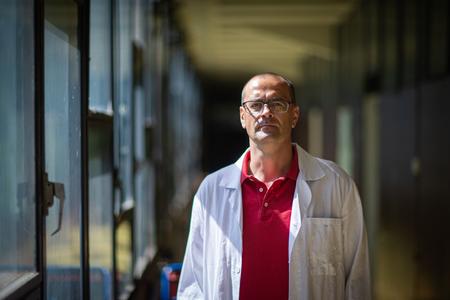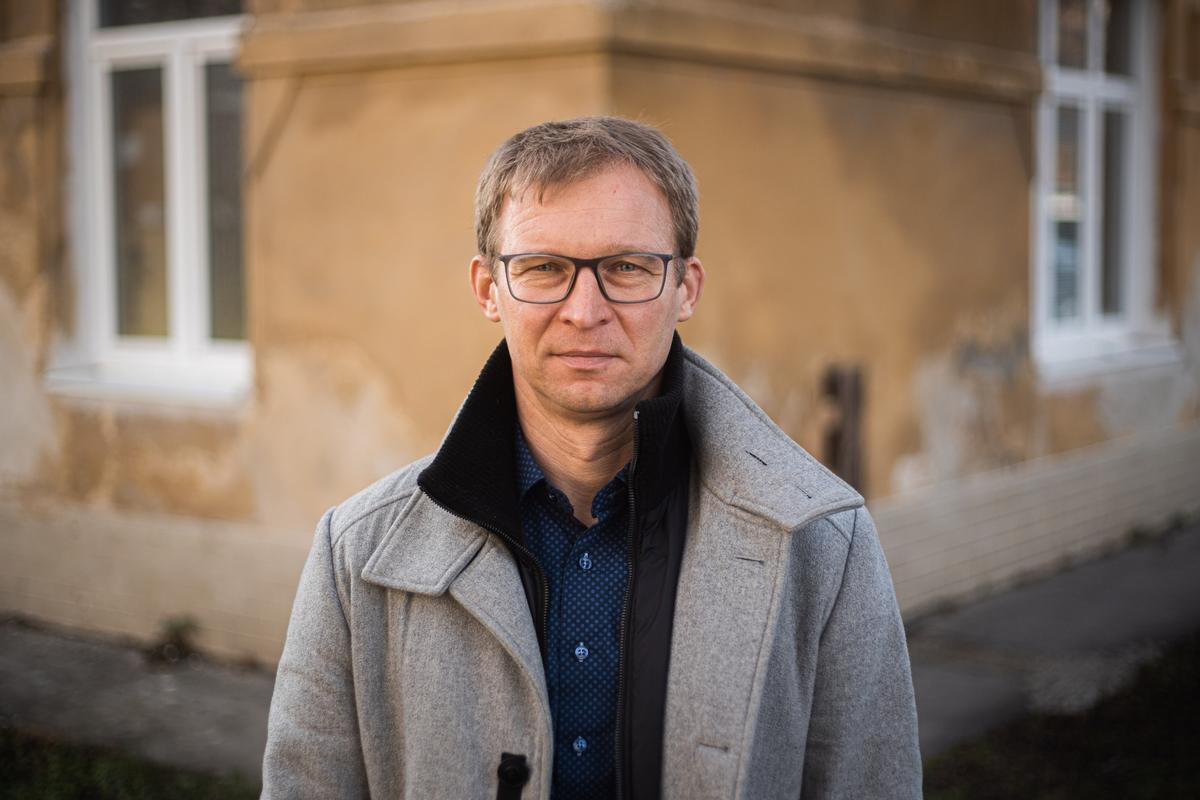Most people can tell if children were treated badly, like experiencing physical punishment or abuse. However, according to psychiatrist and psychotherapist DANIEL RALAUS, there is also the issue of emotional neglect.
"For example, if there was a lack of safety, acceptance, respect, recognition, trust or cuddling. Many times that can be more difficult for children than we can imagine," he claims. Then, adults come to therapy suffering from trauma. When investigating the causes, things become apparent that people either do not associate with their problem at adulthood, or deny them.
"For example, a patient comes in saying that they cannot handle pressure at work, suffers panic attacks, then their childhood gradually unveils that their father was not very available and expected high performance, that the mother had a tendency to compare her children and was emotionally unavailable," he explains.
"I had a strict upbringing and I'm here, I didn't lose anything. I was beaten as well, but every child deserves it sometimes and today I'm a well-behaved person. When I was little, I was not pampered, but at least I had respect for my parents." What comes to your mind when you hear or read statements such as these?
The first thing is that we have a tendency to downplay this. There can be many reasons. People have optimistic memories and prefer not to think about bad things from the past. Or they don't need to deal with what happened, because it can be unpleasant. Or if they were to admit that something was wrong, it would mean that they would have to see if it affected them in any way and if something needs to be done about it. We also all have a certain loyalty to our parents, which may prevent us from adequately realizing that what we experienced was not good, even that our parents may have hurt us unintentionally.

Why do people deny their childhood wounds?
The tendency is based on evolution and biology and it's very strong. We are social creatures and when we are born, we are absolutely dependent on a caring person, usually parents. We need to develop basic confidence, and some is built in a way that we perhaps prefer to deny certain things in order to preserve not only a positive image, but also the relationship as such. This is what happens very often in traumatized children or people in general. They would rather turn the bad stuff against themselves than to jeopardize the positive relationship with their parents.
In a past interview, you said that nowadays we young people have no problem admitting that they are not well and that something was not right in their life. How do you explain that?
Every new generation is on a different path than their parents. Overall, the awareness of these themes is bigger, thanks to which society is more mature. We also have a lot of data and knowledge from research. I also think that it's somewhat related to the overall socio-political situation. I was born in 1975 during socialism, when it was important not to stand out, but to obey. Now people have a greater tendency to understand what's happening and seek therapy, even on their own.
There are generations that parents did not treat well, and this is not just about physical punishment. Why is it that parents are able to hurt their offspring?


 Psychiatrist and psychotherapist Daniel Ralaus. (source: SME - Marko Erd)
Psychiatrist and psychotherapist Daniel Ralaus. (source: SME - Marko Erd)